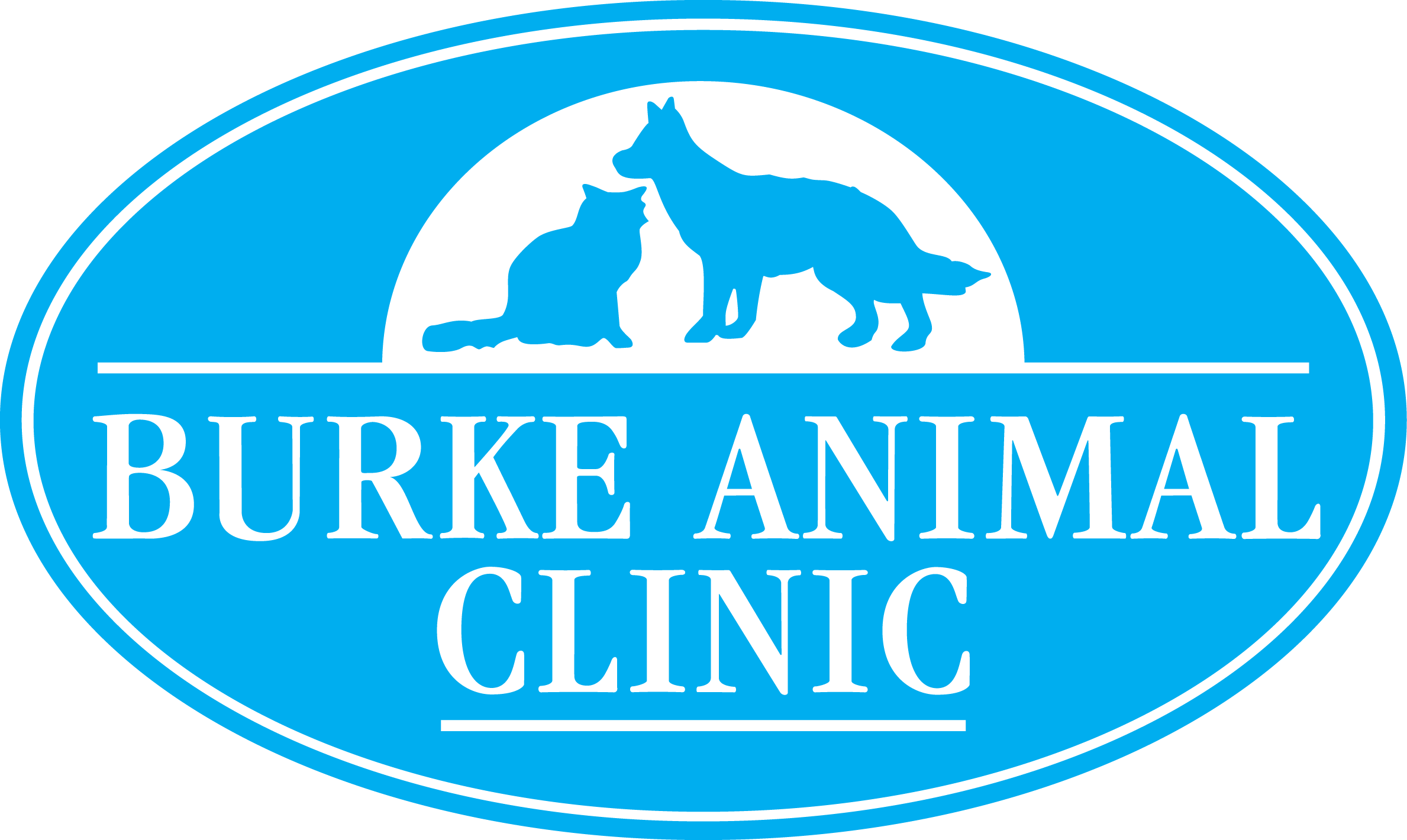Pet Vaccination FAQs
Pet Vaccination
Whether you just got a new puppy or kitten or you have a full-grown dog or cat, it’s important that you bring them to see a veterinarian for wellness checks and vaccinations. How many vaccines does your pet need, though? How often?
This handy FAQ will answer your questions to help you work with your vet to create a vaccination schedule for your pet. The focus here will be on “core” vaccines – vaccines that we consider the basic standard of care for cats and dogs.
at (703) 569-9600
Your kitten should get its first vaccinations when they turn eight weeks old. Sometimes breeders or shelters will vaccinate kittens earlier so make sure you get a full report of their medical history before you take them home.
Here’s the recommended vaccination schedule for kittens:
- 8 weeks
- 1st Respiratory Distemper vaccine (also referred to as the FVRCP vaccine)
- 12 weeks old (or 3 to 4 weeks after the last vaccine)
- 2nd Respiratory Distemper vaccine
- 1st Leukemia Vaccine (recommended for outdoor cats)
- Rabies Vaccine (required by law in Virginia)
- 16 weeks old
- 3rd Respiratory Distemper vaccine
- 2nd Leukemia Vaccine
This depends on the vaccination the cat needs. For some vaccines, state laws dictate how often an adult cat will need their shots. For others, it’s annual, while some vaccines must be administered on a three-year basis.
All vaccines are updated at 1 year after a cat or dog first receives the vaccine, regardless of age.
For the rabies vaccination for cats, we use a 1-year PureVax rabies vaccine that reduces the risk of problems at the vaccination site.
The FVRCP vaccine, commonly referred to as the distemper vaccine, is given every three years after the first year. This vaccine is a combination vaccine and fights three feline viruses: rhinotracheitis, calicivirus, and panleukopenia.
A third vaccine is strongly recommended for outdoor cats and protects against feline leukemia. It is given every three years after the first year.
The vaccination schedule for a puppy is similar to that of a kitten’s. They’ll receive their first vaccines at eight weeks of age. After that, their schedule is as follows:
- 8 Weeks Old
- 1st Distemper/Parvo Vaccination (also referred to as a DHPP vaccine or some variation.
- 12 weeks old (or 3-4 weeks after the last vaccine)
- 2nd Distemper/Parvo Vaccine
- Bordetella vaccine (this is for kennel cough and does not require a booster)
- 16 weeks old (or 3-4 weeks later)
- 3rd Distemper/Parvo (this vaccine finishes at 14-16 weeks, regardless of how many they have received until this point)
- Rabies vaccine (required by law in Virginia every 3 years)
Like cats, dogs need to be vaccinated annually or up to every three years depending on the disease the vaccine is protecting against. Rabies vaccines are mandatory for many states in the US; a dog must receive that shot at least every year, but sometimes every three years.
All vaccines are updated at 1 year after a cat or dog first receives the vaccine, regardless of age.
For rabies, the vaccines are good for 3 years after the first year.
The Distemper or DHPP vaccine is given every three years after the first year. This vaccine is a combination vaccine for distemper, hepatitis, parvo, and parainfluenza. There are other combinations for this vaccine, but this is the one we use at Burke Animal Clinic.
The Bordetella vaccine, or kennel cough vaccine, is given every year. We do not consider this a core vaccine unless your dog spends time with groups of unfamiliar dogs, such as in boarding facilities, the groomer or dog parks.
There are other vaccines you may consider for your pet based on their lifestyles, such as for influenza or Lyme. These should be discussed with your veterinarian.
If your pet misses a vaccine, contact your vet. Most of the time, missing a vaccine can be quickly rectified, especially if it’s an adult cat or dog. That said, you should be very careful with a puppy or kitten’s vaccination schedule. In this young age, they need vaccines often to keep them healthy.
It’s important that the first time a vaccine is given, regardless of age, you follow the veterinarian’s recommendation for the vaccination series to ensure full protection. For instance, if your puppy receives their first distemper vaccine, but does not get the booster in 3-4 weeks, they will not be protected.
Burke Animal Clinic — Your Veterinarian in Burke for Cat and Dog Care
Are you looking for a veterinarian in Burke that provides care for cats and dogs? If so, come see us at Burke Animal Clinic. We are here to care for your pet through every life stage. Our services include vaccinations, anesthetic procedures and surgery, weight management and nutrition counseling, holistic therapies, urgent care, diabetes management and care, diagnostic radiology and imaging, dental cleanings, cancer treatment, and behavior consultations. We also have our own on-site lab.
To learn more about our services, or to schedule an appointment with one of our veterinarians today, please call us at (703) 569-9600.
We’re open seven days a week by appointment, for clinic hours click Here
